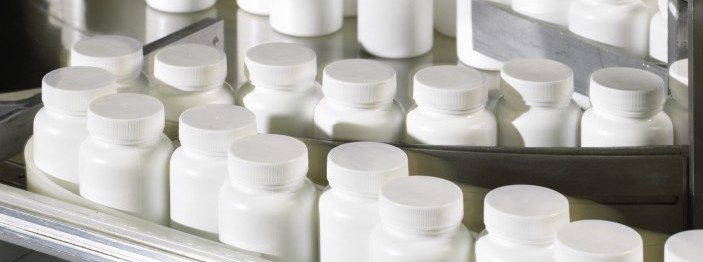New Oral Drug Available in U.S.
A new oral MS drug, teriflunomide (Aubagio), has now been approved by the U.S. Food and Drug Administration, providing people with relapsing MS with an important new option for treating their disease. Other health agencies in Canada and Europe are currently reviewing the drug. Aubagio is the second oral MS drug available to people with MS. The first oral therapy, fingolimod (Gilenya), received FDA approval in 2010.
Aubagio is indicated for the treatment of relapsing forms of MS and is expected to be used as a first-line alternative to injectable MS drugs (interferons, Copaxone). The effectiveness of the drug is comparable to that of the injectables. In the pivotal TEMSO study, teriflunomide reduced the relapse rate by a modest 31% compared to placebo (O’Connor et al. N Engl J Med 2011;365:1293-1303; free full text at www.nejm.org/doi/pdf/10.1056/NEJMoa1014656).
The dose of Aubagio is 7 mg or 14 mg once a day and can be taken either with or without food. Before starting treatment, you will need to have a blood test to ensure that your liver is working normally. You will also need to be screened for tuberculosis since there is a higher risk of infections during treatment and some people developed TB during testing of the drug.
After starting therapy, monthly blood tests are required for the first six months and periodically thereafter. This is to ensure that you are not developing liver damage. In the TEMSO study, early signs of liver injury (as shown by elevations in liver enzymes) occurred in about 12-14% of people taking teriflunomide. While serious liver damage is uncommon, the FDA-approved label includes a black-box warning about the risk of liver toxicity due to fatal liver disease in some people taking leflunomide.
Teriflunomide is formed when the parent compound, leflunomide (Arava and generics, used to treat rheumatoid arthritis), is broken down by the body. (So teriflunomide is called the active metabolite of leflunomide.) Recommended doses of teriflunomide and leflunomide result in similar drug levels in the bloodstream.
The FDA label also contains a black-box warning about a risk of major birth defects. Women taking Aubagio should use effective birth control so they don’t become pregnant while taking Aubagio.
During treatment, it’s important to report any signs of infection to your doctor since fatal infections have occurred in people taking teriflunomide and leflunomide. Because of this infection risk, you should generally avoid receiving live vaccines (such as vaccines for measles, mumps, chickenpox, seasonal flu) while on therapy.
It’s also important to report symptoms such as numbness or tingling in both hands and both feet since this may be a sign of peripheral nerve damage. Report any problems to your neurologist, since this warning sign may be difficult to distinguish from the numbness/tingling caused by MS.
The most common side effects with Aubagio are diarrhea and nausea. Also common is hair loss – which affects about 1 in 10 people taking Aubagio. This was the most common reason people stopped taking the drug in clinical trials.
The price tag of Aubagio is expected to be $45,000 per year – less than the U.S. pricing of Avonex or Copaxone and a sign that the injectables are seen as its major competitors as a first-choice drug.
Share this article
Facebook Twitter pin it! Email
Related Posts
Back





